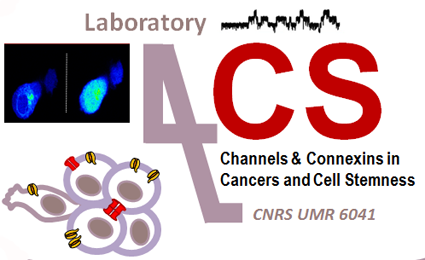Is the Exposome Involved in Brain Disorders through the Serotoninergic System?
Résumé
Serotonin (5-hydroxytryptamine, 5-HT) is a biogenic monoamine acting as a neurotransmitter in the central nervous system (CNS), local mediator in the gut, and vasoactive agent in the blood. It has been linked to a variety of CNS functions and is implicated in many CNS and psychiatric disorders. The high comorbidity between some neuropathies can be partially understood by the fact that these diseases share a common etiology involving the serotoninergic system. In addition to its well-known functions, serotonin has been shown to be a mitogenic factor for a wide range of normal and tumor cells, including glioma cells, in vitro. The developing CNS of fetus and newborn is particularly susceptible to the deleterious effects of neurotoxic substances in our environment, and perinatal exposure could result in the later development of diseases, a hypothesis known as the developmental origin of health and disease. Some of these substances affect the serotoninergic system and could therefore be the source of a silent pandemic of neurodevelopmental toxicity. This review presents the available data that are contributing to the appreciation of the effects of the exposome on the serotoninergic system and their potential link with brain pathologies (neurodevelopmental, neurodegenerative, neurobehavioral disorders, and glioblastoma).
| Origine | Fichiers éditeurs autorisés sur une archive ouverte |
|---|



